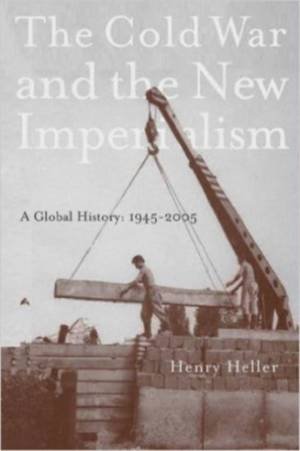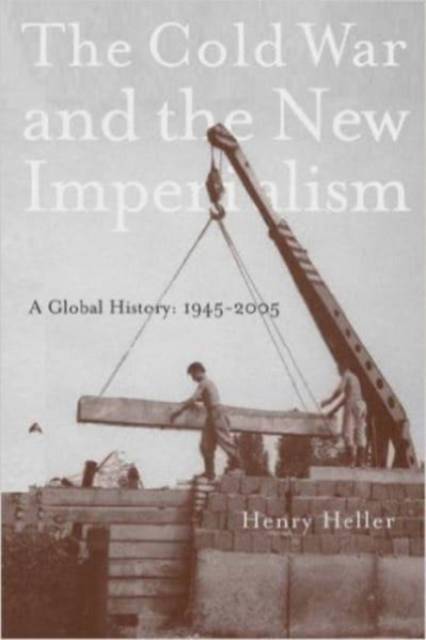
- Retrait gratuit dans votre magasin Club
- 7.000.000 titres dans notre catalogue
- Payer en toute sécurité
- Toujours un magasin près de chez vous
- Retrait gratuit dans votre magasin Club
- 7.000.0000 titres dans notre catalogue
- Payer en toute sécurité
- Toujours un magasin près de chez vous
The Cold War and the New Imperialism
A Global History, 1945-2005
Henry HellerDescription
The Cold War and the New Imperialism is an account of global history since 1945, which brings massive changes in global politics, economics, and society together in a single narrative, illuminating and clarifying the dilemmas of the present. Written for the general reader, it draws together scholarly research from a wide range of sources without losing sight of the larger pattern of events.
In the sixty-year period since the end of World War II, the world has indeed been remade. The war itself mobilized the political and social aspirations of hundreds of millions of people. The contest between the United States and the Soviet Union for global dominance drew every country into its field of force. Struggles for national liberation in the Third World brought an end to colonial empires. Revolutions in China, Cuba, Vietnam and elsewhere shook the global order, as did failed uprisings in Paris and Prague. Since the end of the Cold War the forces of the capitalist market have overwhelmed social institutions that have given meaning to human existence for centuries.
But the end of the Cold War has created as many problems for the world's remaining superpower, the United States, as it has solved. With its political, economic, and financial hegemony eroding, the United States has responded with military adventures abroad and increasing inequality and authoritarianism at home. The Cold War and the New Imperialism draws all these threads together and shows vividly that the end of history is not in sight.
Spécifications
Parties prenantes
- Auteur(s) :
- Editeur:
Contenu
- Nombre de pages :
- 384
- Langue:
- Anglais
Caractéristiques
- EAN:
- 9781583671399
- Date de parution :
- 01-07-06
- Format:
- Livre broché
- Format numérique:
- Trade paperback (VS)
- Dimensions :
- 153 mm x 227 mm
- Poids :
- 476 g

Les avis
Nous publions uniquement les avis qui respectent les conditions requises. Consultez nos conditions pour les avis.






